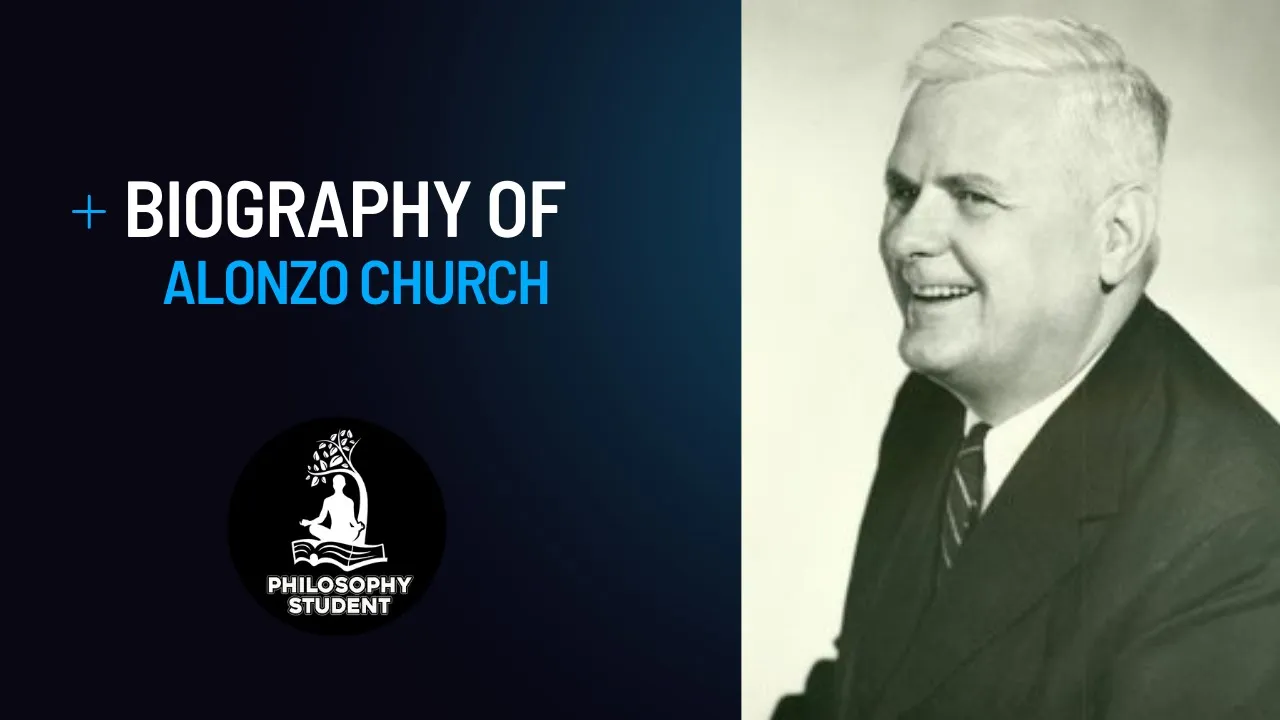Born in Washington, DC, June 14, 1903, Alonzo Church was a mathematical logician, whoapplied formal logic to mathematics. He was instrumental in creating theoretical computer science, including contributing to the basic theory of computation.
Church was the son of a DC Municipal Court judge, and, thanks to help from his uncle, was able to enroll at Ridgefield School for Boys (Ridgefield, Connecticut), which prepared him for Princeton University, where he earned both his undergraduate degree and Ph.D. in mathematics. After teaching briefly at the University of Chicago, he was awarded a National Research Fellowship, which sent him to Harvard, University of Göttingen, and University of Amsterdam during 1927-1929, when he joined the faculty of Princeton. For nearly the next forty years, he taught in both the philosophy and mathematics departments before moving to Los Angeles in 1967 and to teach at UCLA until his retirement in 1990. He died on August 11, 1995, having lived long enough to witness the computing revolution in which he had played a foundational role.
Most of his published work was in mathematical logic. He is celebrated for four groundbreaking achievements in the field. He provided the formal mathematical proof that the Entscheidungsproblem (which asks for an algorithm that considers a statement and answers yes or no according to whether the statement is universally valid) is undecidable. Alan Turing had provided a thought experiment that reached the same conclusion as Church’s mathematical proof. From their work, the Church-Turing (computability) thesis emerged, which formalized the concept of computability and thus provided a foundation for computer theory. In a broader philosophical context, the Church-Turing thesis has led to advances in the philosophy of mind, especially with respect to the notion of the mind as a computer and the equivalency of the universe with a Turing machine.
From his work on the Entscheidungsproblem and the Church-Turing thesis, Church created the lambda calculus, which is a formal system in mathematical logic that serves as a universal computation model and can be used to simulate any Turing machine. It has applications not only in computer science but in linguistics, logic, and in various areas of philosophy. Church also proved that the axioms of Peano arithmetic are undecidable.
Beyond the applicability of his mathematical insights to philosophy, Church contributed more directly to philosophy through his work on logical methodology, criticism of nominalism (the view that mathematical objects, relations, and structures do not exist), and his conclusions regarding the theory of meaning. The American philosopher C. Anthony




































